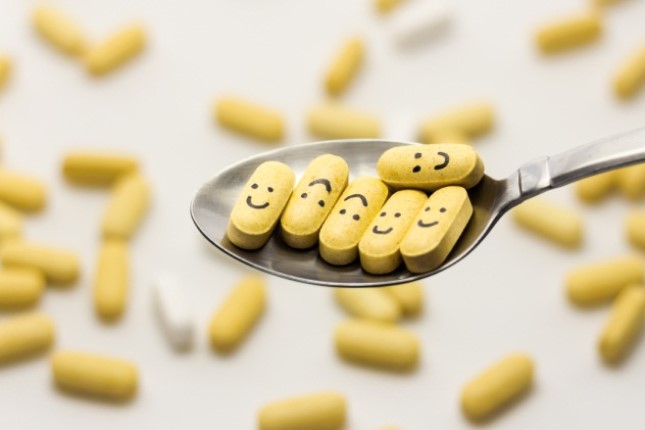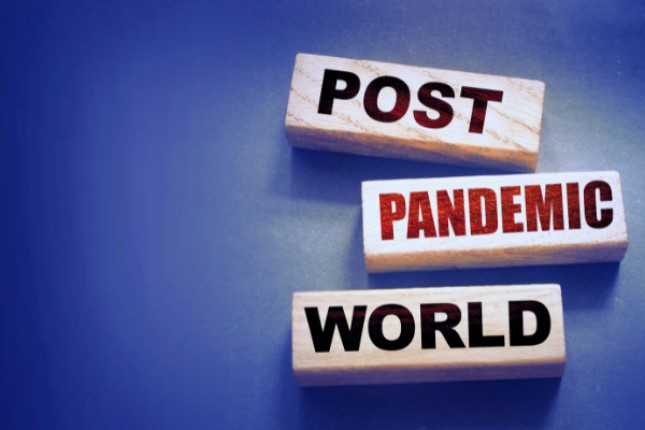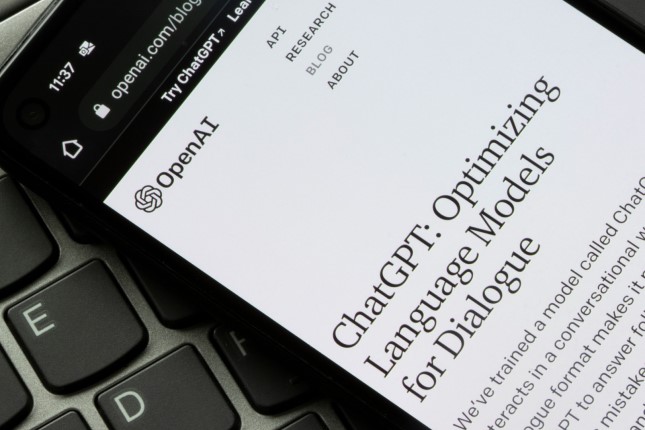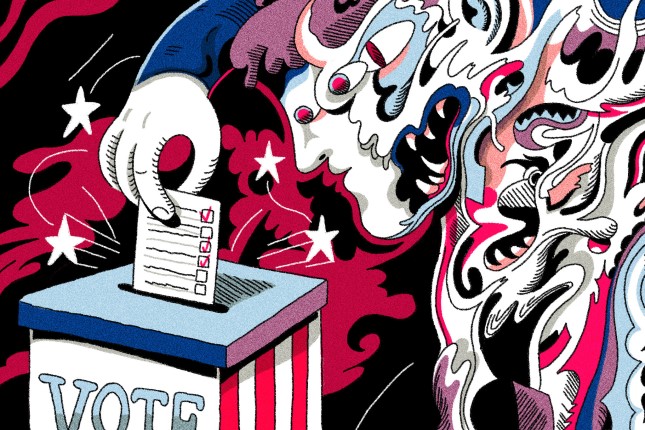The characters in the dystopian novel Brave New World by Aldous Huxley kept repeating, "you do look glum! What you need is a gramme of soma," referring to a soothing and happiness-producing drug.
In the real world, more and more people do the same in the face of adversity – by taking anti-depressants. Up to 15 per cent of the world's population take anti-depressants regularly.
According to medical statistics, there is strong doubt about the entire industry of manufacturing, selling, and prescribing anti-depressants. Although clinical trials are mandatory to obtain a license to sell medications, including anti-depressants, the results of trials were not fully disclosed, especially by pharmaceutical companies that did not want to discredit their produce.
Anti-depressant ads will hardly point out that these drugs work as placebos 85 per cent of the time. That is, serotonin reuptake inhibitors get into the body, but not all physicians believe it is the anti-depressants that treat depression. Given that some patients have been taking anti-depressants for years or even decades, a quarter of all Americans taking these drugs, for example, the inevitable side effects, outweigh the potential benefits.
Low sex drive, drowsiness and lack of emotion are among the most common side effects.
Doctors warn of risks for pregnant women and the elderly, which is becoming increasingly important because the first patients to have started taking such drugs are getting older.
Specialists speak about heart and respiratory problems and an increased likelihood of heart attacks. Doctors would still rather prescribe anti-depressants than, for example, refer a patient to a psychologist or recommend physical exercise. According to the data from Asian countries, where people maintain physical activity until old age, sports prove to be more effective than medication in many cases.
True, anti-depressants are a reasonably cheap way to deal with various mental disorders, especially compared to paying for a session with a psychologist or a gym membership.
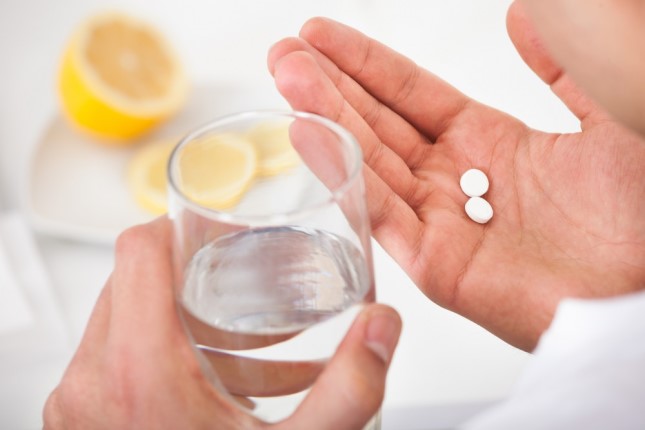
At the same time, many patients, about 44 per cent in Britain alone, would be happy to give up anti-depressants and could even stop taking them without any health effects.
However, the withdrawal syndrome presents a severe obstacle for those taking these drugs for a long time. One of the studies shows that up to 86 per cent of those who go off the medication experience physical difficulties. 50 per cent have very pronounced symptoms comparable to withdrawal symptoms, including hand tremors, nausea, or something resembling electric shocks in the head.
Many research centres are dealing with the issue of withdrawal from anti-depressants; for example, well-known in this regard are Drs. Taylor and Horowitz, two scientists from University College, London.
In contrast to the traditional method, which implies an abrupt reduction of the dose over several weeks, the so-called Horowitz-Taylor method prescribes reducing the dosage by 10% every 2-4 weeks. For instance, pharmacies in the Netherlands already offer services to create medicine with a gradually decreasing intake, called tapering kits.
Meantime, the consumption of drugs continues to grow worldwide. In the US, about 13 per cent of the population aged 12 and older and every fifth person aged 60 and older take anti-depressants.
In Germany, over the past five years, sales of these drugs increased by nearly 50 per cent, and in Spain − by 20 per cent. Similar dynamics is observed throughout Europe and Australia. Consumption of anti-depressants has grown, especially during Covid-19 lockdowns amid loneliness and exceptionally high anxiety levels.
That is why many European patients are now prescribed useless drugs, and when they try to give them up, they end up having serious physical and mental problems. As a result, in most cases, they continue taking the medication for many years.
It all works in favour of Big Pharma. No wonder, the anti-depressants market is expected to reach USD 21 billion by 2030, with bolder projections as early as 2025.
Unfortunately, this market trap misleads our society, and the healthcare system loses out, doomed to treat patients hooked on anti-depressants.
